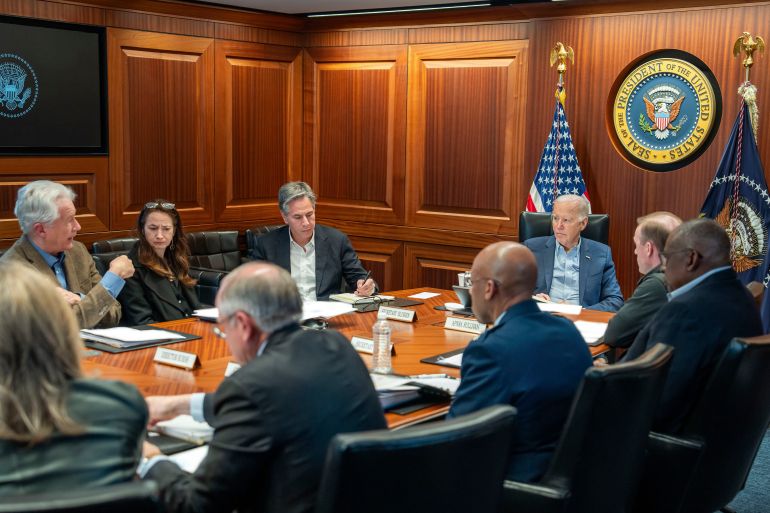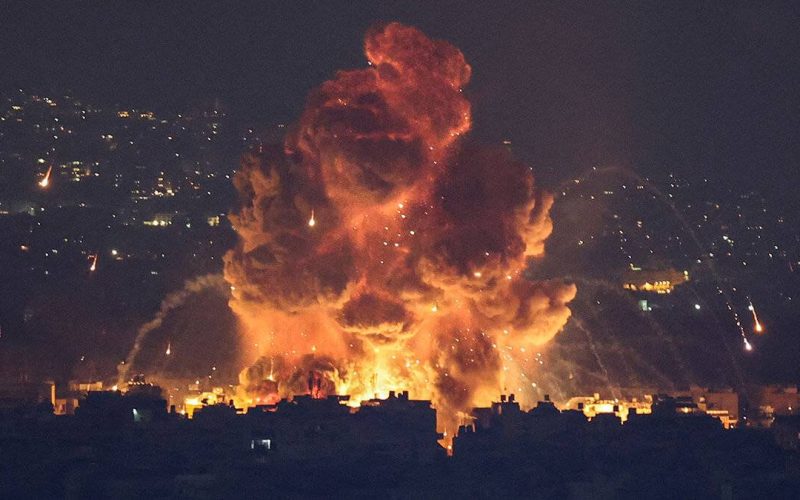The long-standing tension between Israel and Iran took a catastrophic turn early on Saturday as Israeli forces launched targeted strikes on Iranian military installations.
The Israeli Defense Forces (IDF) released a statement affirming that these operations are a direct response to recent aggressive actions by Tehran, including a ballistic missile attack on October 1. This escalation marks Iran’s second direct strike against Israel within six months, with Israel determined to respond in full.
Israel’s retaliation follows a series of recent missile strikes by Iran, which fired approximately 200 ballistic missiles into Israeli territory in a coordinated attack earlier this month. Israeli Defense Forces, in a statement, emphasized their commitment to both “defensive and offensive” operations. “The IDF is conducting precise strikes on military targets in Iran,” the statement read, underscoring Israel’s stance that self-defense is not only a right but a duty in the face of sustained aggression from Tehran and its regional allies.
Regional Reactions and Rising Concerns
In the hours following the Israeli airstrikes, reports surfaced of explosions around Tehran and the nearby city of Karaj. The Tasnim news agency, associated with Iran’s state media, noted that no aircraft or missiles had been sighted in Tehran’s skies, suggesting that the blasts could result from Iran’s air defense systems going into high alert.
While Tehran has not officially acknowledged the attack, Iranian intelligence sources have speculated that the explosions might be tied to their air defenses responding to the strikes. This uncertainty, coupled with reports of Iranian jets scrambling following the attack, has heightened anxieties across the Middle East and among international observers, who fear that a broader confrontation may now be inevitable.

U.S. Involvement and Calls for Restraint
In Washington, officials confirmed that Israel notified them of the strikes but emphasized that the United States was not actively involved in the operation.
White House National Security Council spokesperson Sean Savett reiterated that the actions taken by Israel align with self-defense principles. Secretary of State Antony Blinken also called on all parties to act responsibly, stressing that while Israel has the right to defend itself, further escalation could lead to uncontrollable regional destabilization.
The recent escalation follows US Secretary of State Antony Blinken’s return to the United States after a tour of the Middle East. During his visit, he and other American officials urged Israel to avoid responses that could worsen regional tensions, specifically advising against any strikes on Iranian nuclear sites.
Netanyahu and Israeli Officials in Secure Bunker
As reports of potential Iranian retaliation surfaced, Prime Minister Benjamin Netanyahu and top Israeli officials were relocated to a bunker in Tel Aviv. This move underscores Israel’s serious approach to the conflict and the perceived immediate threat from Tehran. The decision came after intelligence reported that Iranian fighter jets had scrambled in response to the strikes.
Ongoing Tensions Across the Middle East
Saturday’s developments are the latest in a year marked by escalating hostilities across the region. Since October 2023, when Hamas launched a massive assault on southern Israel, Israel has intensified its military campaigns not only in Gaza but also in Lebanon, where Iran-backed Hezbollah continues to operate. Syrian media have also reported explosions near Damascus, suggesting that the conflict’s impact is radiating throughout the region.
Snapshot – A Potential Flashpoint for the Middle East
As Israel’s operations continue, concerns mount over whether this escalation could draw other regional players into a more expansive conflict with both nations expressing a strong commitment to their security and sovereignty, the stakes are higher than ever.
The world watches closely, as the potential for a devastating, multi-front confrontation looms over the Middle East, threatening to reshape the region’s already volatile political arena.









